The life of power and passion of Catherine the Great
Welcome to the world of Catherine the Great, one of history’s most fascinating female rulers. Born as Princess Sophie of Anhalt-Zerbst, she later became the Empress of Russia, leading with a blend of intelligence, strength, and charisma.
Her reign was marked by ambitious endeavors that transformed Russia into a formidable empire. Let’s delve into the life and achievements of this remarkable woman who left an indelible mark on the pages of history.
Early Life and Background
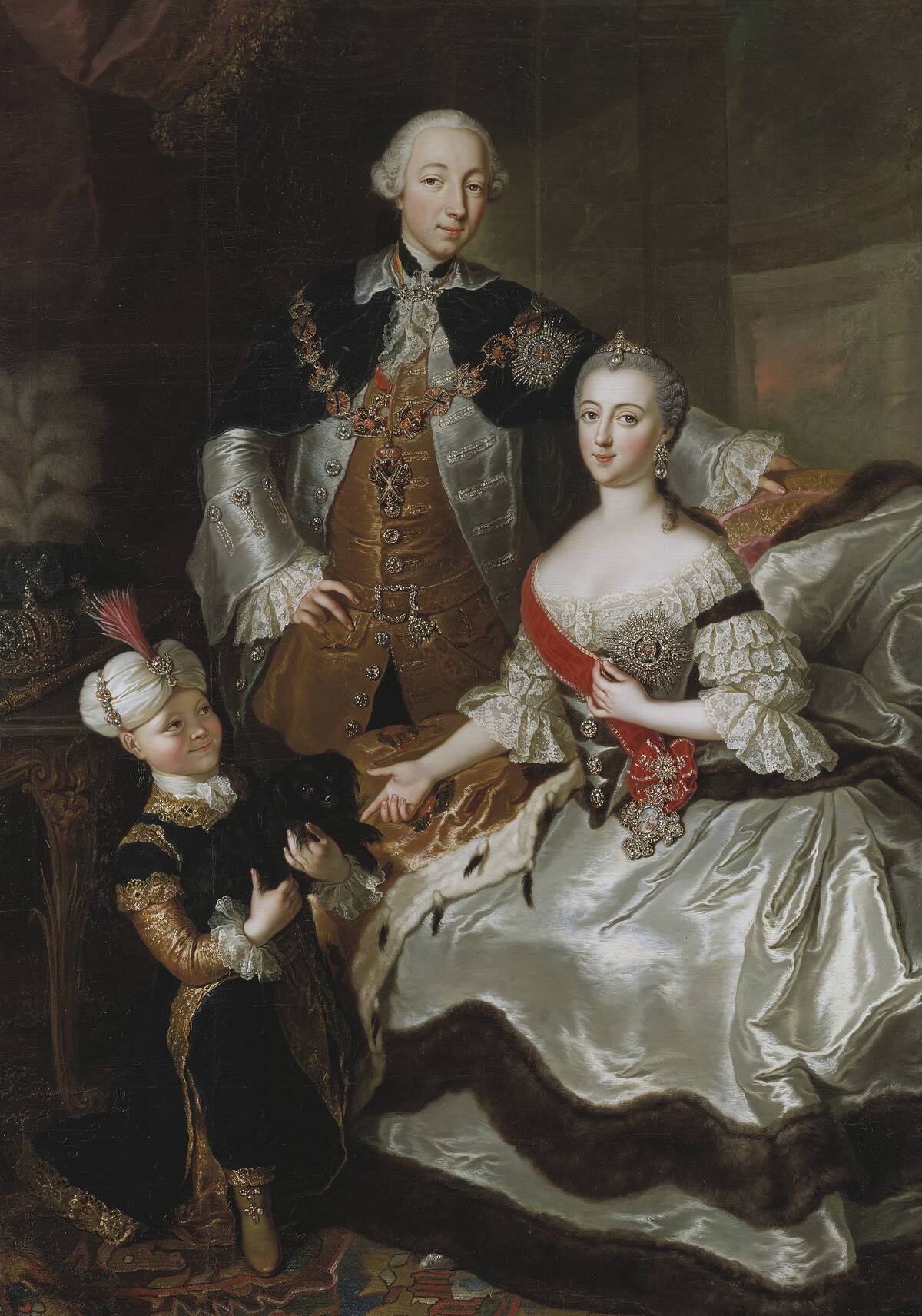
Catherine was born on May 2, 1729, in Stettin, Prussia, now modern-day Szczecin, Poland. She hailed from a minor German noble family, which, while not wealthy, was well-connected.
Her upbringing was typical for a girl of her status, focusing on education in languages, history, and religion. Despite her modest beginnings, Catherine’s keen intellect and drive set the stage for her future as a powerful monarch.
A Royal Marriage: The Road to Russia
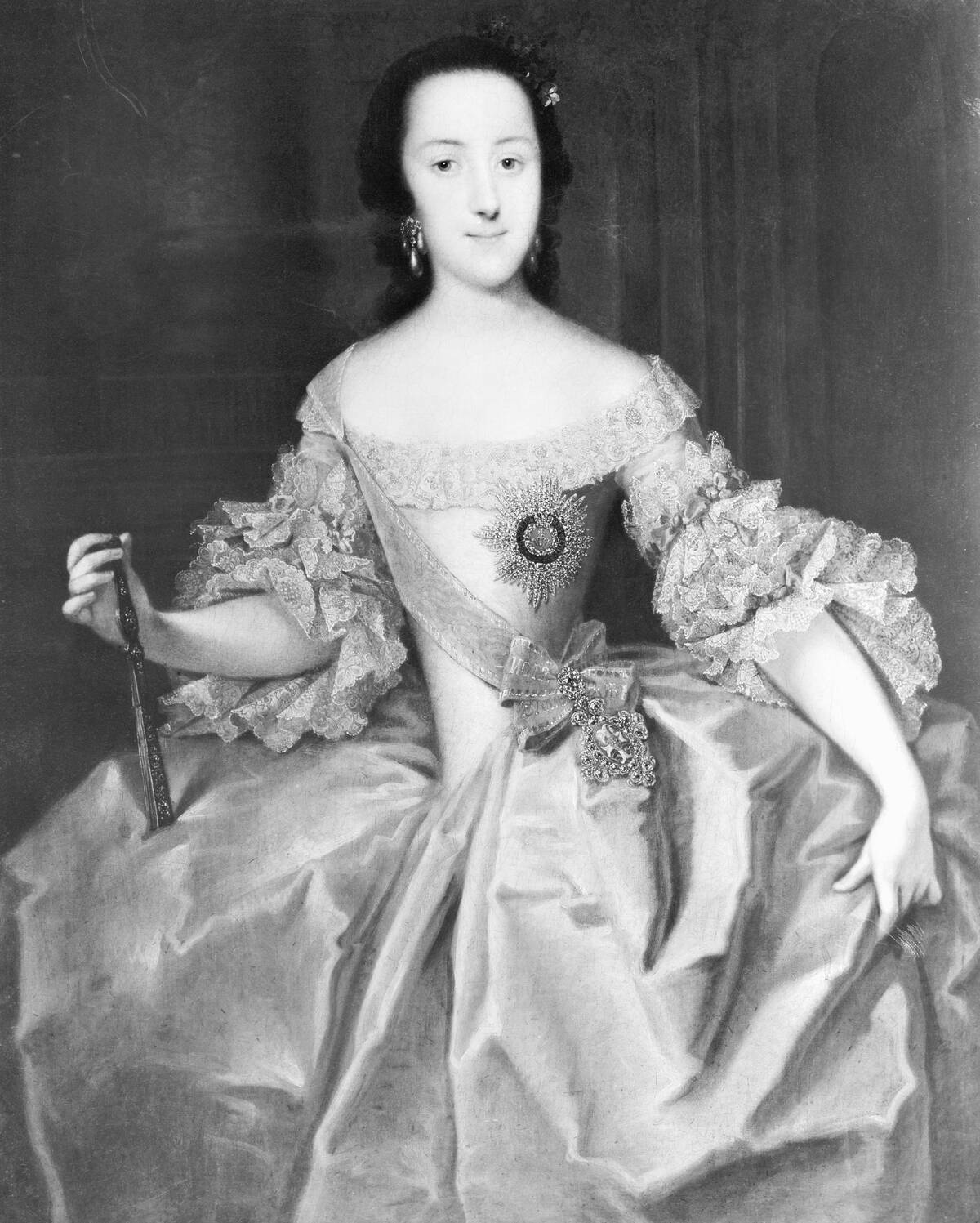
Catherine’s journey to Russia began with her marriage to Grand Duke Peter of Holstein-Gottorp, the future Peter III of Russia, in 1745. This union, arranged by Empress Elizabeth of Russia, was politically motivated to strengthen ties between Russia and Prussia.
Despite the lack of affection in their marriage, Catherine seized the opportunity to learn the Russian language and customs, preparing herself for her future role as Empress.
The Coup That Changed Everything
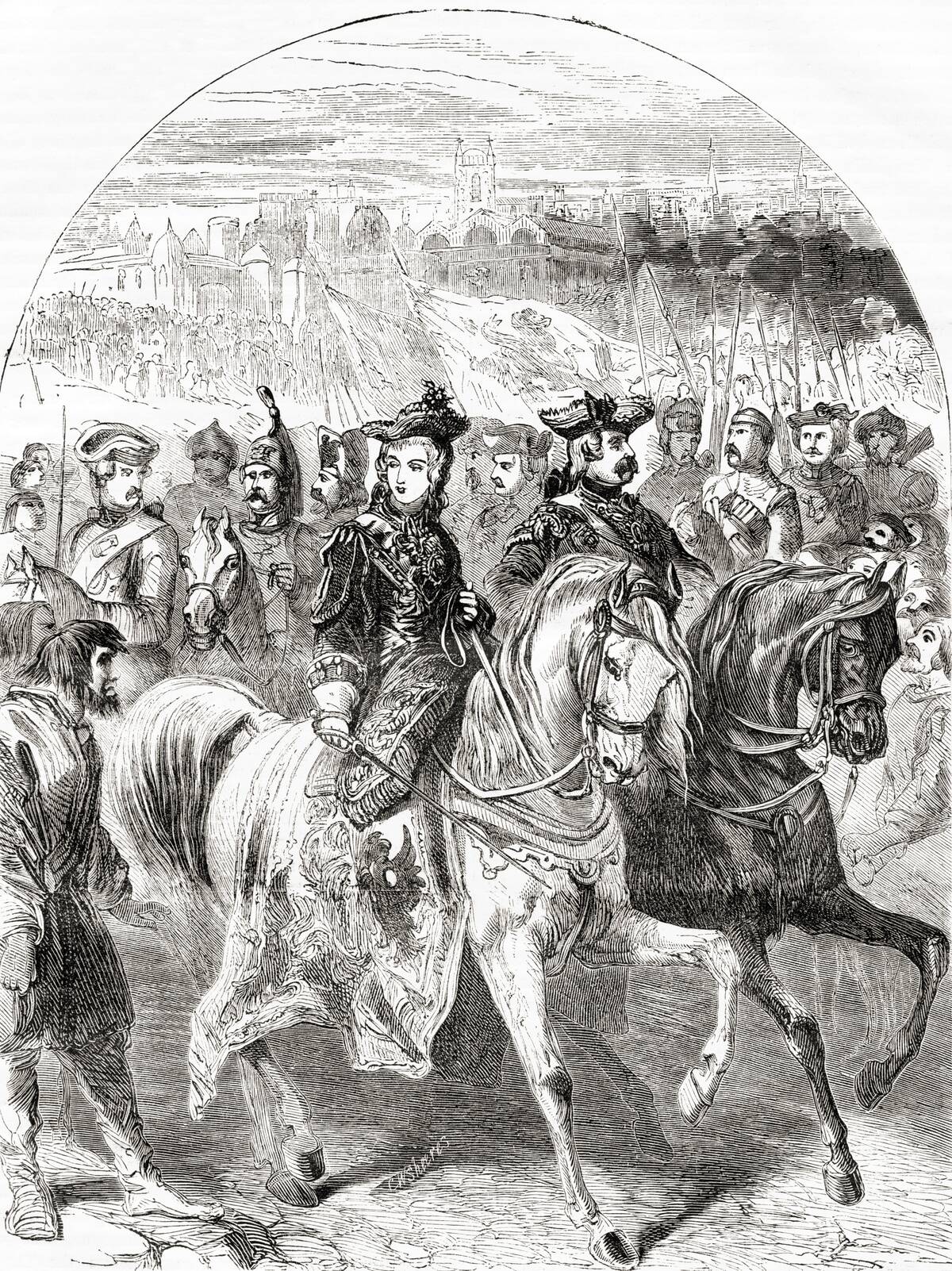
In 1762, a coup led by Catherine and her supporters overthrew her husband, Tsar Peter III, just six months into his reign. The coup was largely bloodless, and Catherine’s ascent to power was widely supported by the military and nobility.
This pivotal event not only secured her position as Empress but also marked the beginning of her ambitious plans to reform and modernize Russia.
Empress of Russia: Ascending to Power
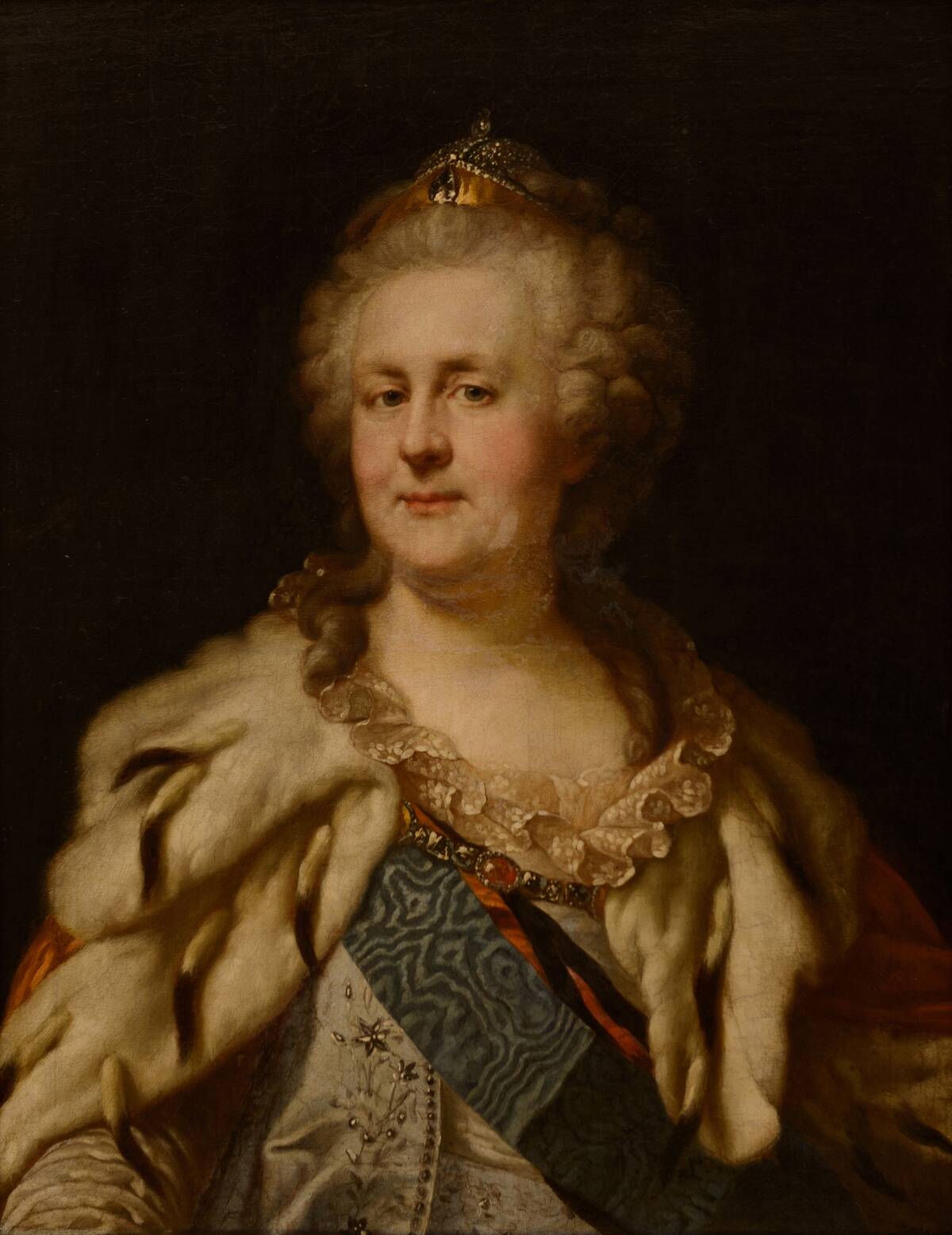
Upon ascending the throne, Catherine was crowned Empress of Russia in a grand ceremony that solidified her authority. She was determined to rule as an enlightened monarch, drawing inspiration from the ideas of the Enlightenment.
Her reign was characterized by significant political, cultural, and territorial advancements, as she sought to elevate Russia’s status on the global stage.
A Visionary Leader with Grand Ambitions
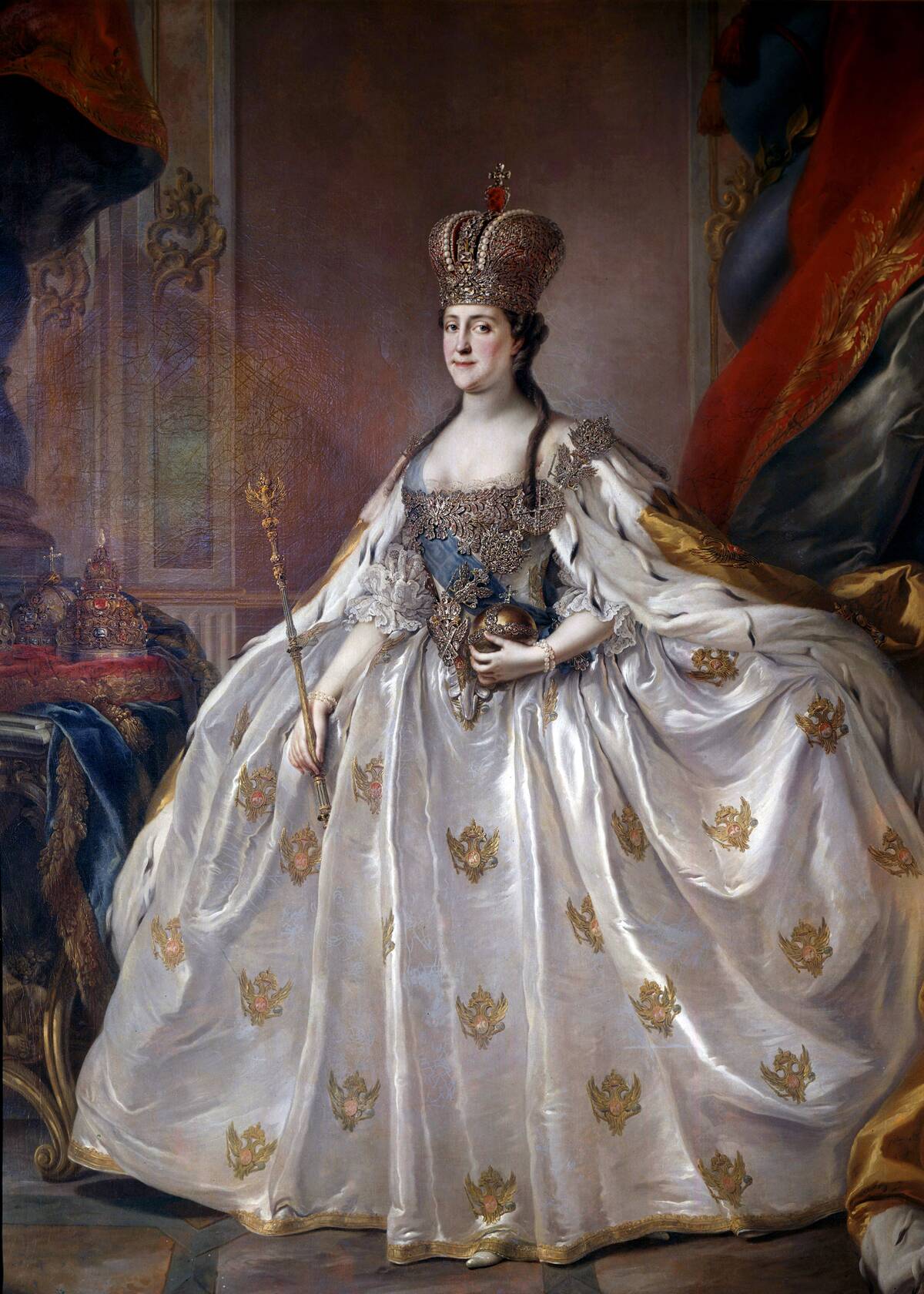
Catherine was not content with merely maintaining the status quo; she had grand ambitions for her empire. She implemented policies aimed at expanding education, modernizing the economy, and enhancing the efficiency of the government.
Her forward-thinking approach and ability to navigate the complexities of governance helped her leave a lasting legacy on Russia’s development.
Patron of the Arts: A Cultural Revolution
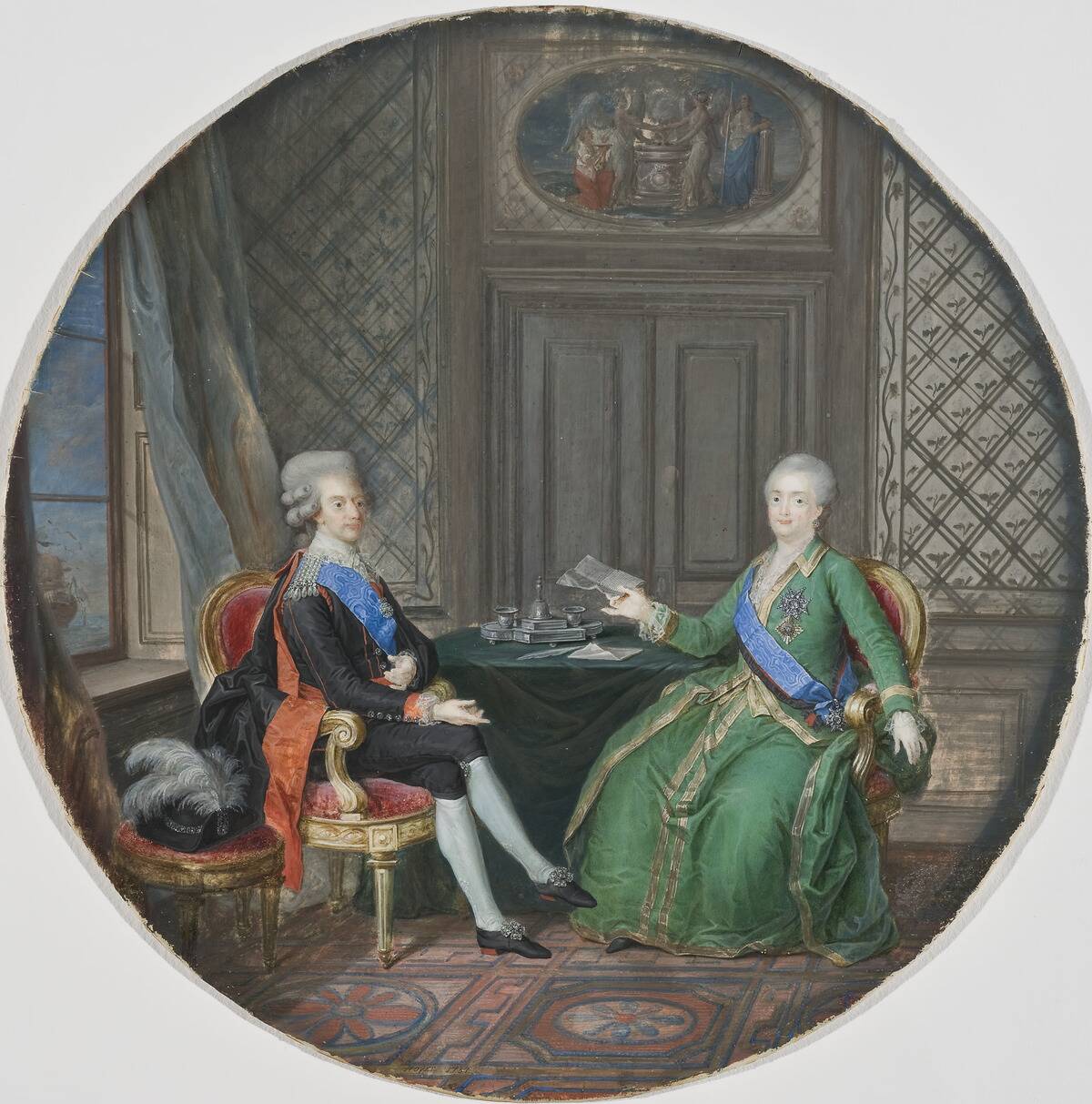
Under Catherine’s reign, Russia experienced a cultural renaissance, as she became a fervent patron of the arts. She founded the Hermitage Museum, which began as a private collection, and invited renowned artists and architects to her court.
This patronage not only enriched Russia’s cultural landscape but also aligned with her vision of Russia as a center of European culture and enlightenment.
The Enlightenment Influence
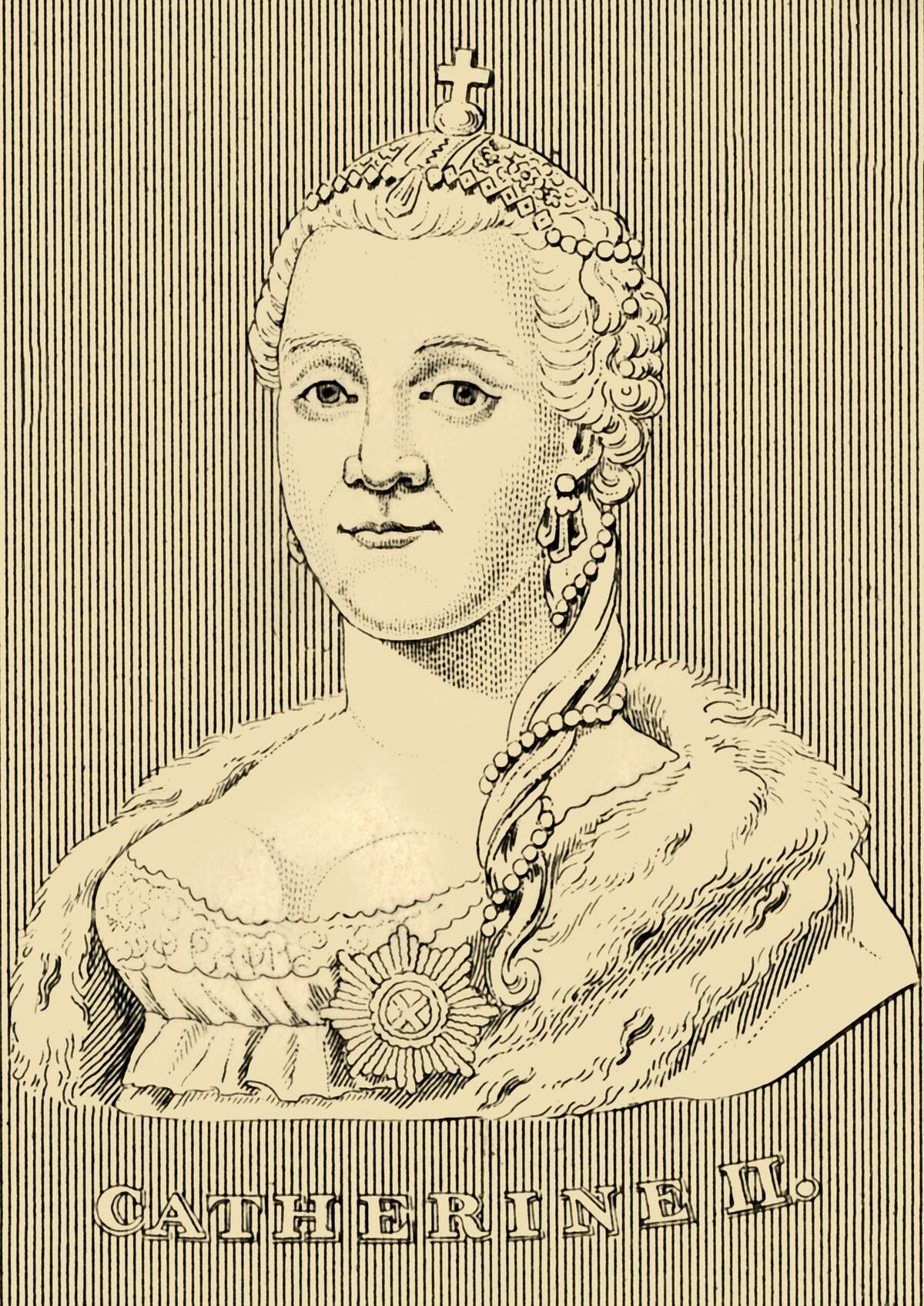
Catherine was deeply influenced by the Enlightenment, corresponding with leading philosophers like Voltaire and Diderot. She embraced Enlightenment ideals, advocating for education, science, and reason.
This intellectual engagement shaped many of her policies, as she sought to implement reforms that reflected these modern principles, even if practical limitations sometimes curtailed their full realization.
Navigating the Complexities of Court Life
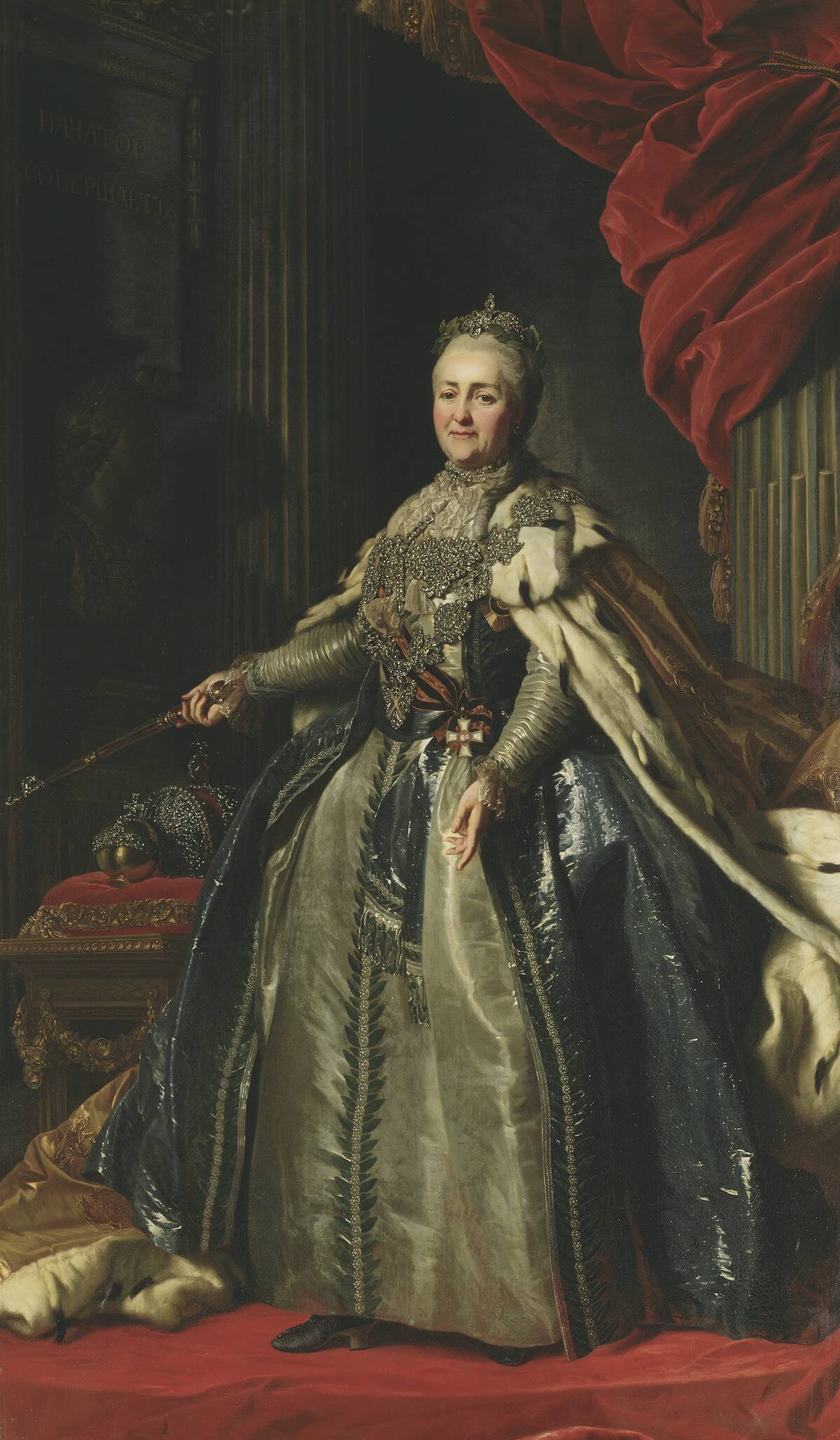
The Russian court was a complex web of intrigue and power struggles. Catherine deftly navigated this environment, using her wit and charm to win over allies and neutralize adversaries.
Her ability to maintain control and influence within the court was an essential component of her successful reign, allowing her to implement her ambitious vision for Russia while keeping potential threats at bay.
Expanding the Russian Empire
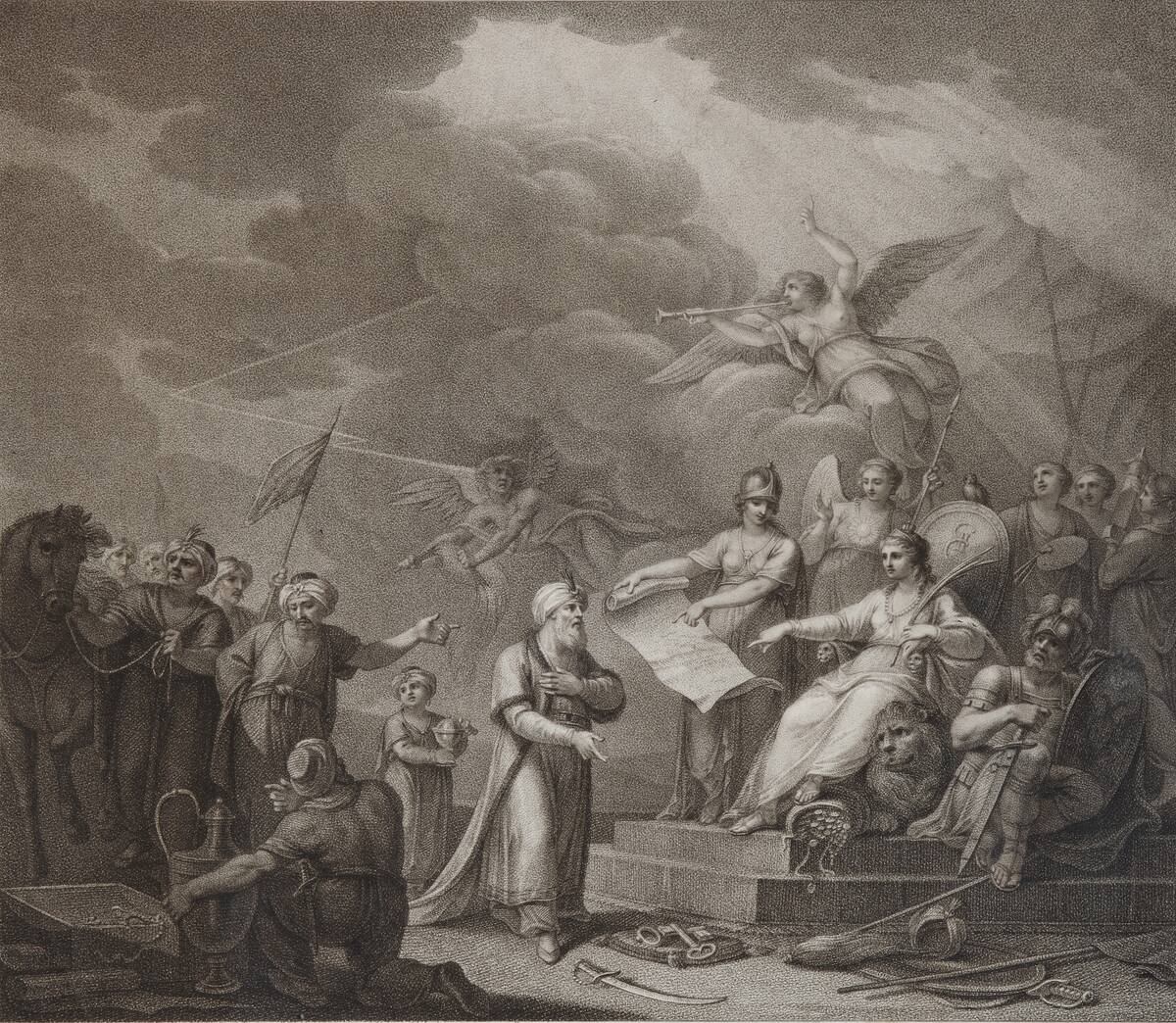
Catherine’s reign saw significant territorial expansion, with Russia gaining land through wars and diplomatic efforts. Notably, the Russo-Turkish Wars resulted in the annexation of Crimea, bolstering Russia’s presence on the Black Sea.
Her strategic vision and military successes not only increased Russia’s size but also its influence, cementing her legacy as a formidable ruler in the annals of history.
The Passionate Affairs of a Powerful Empress
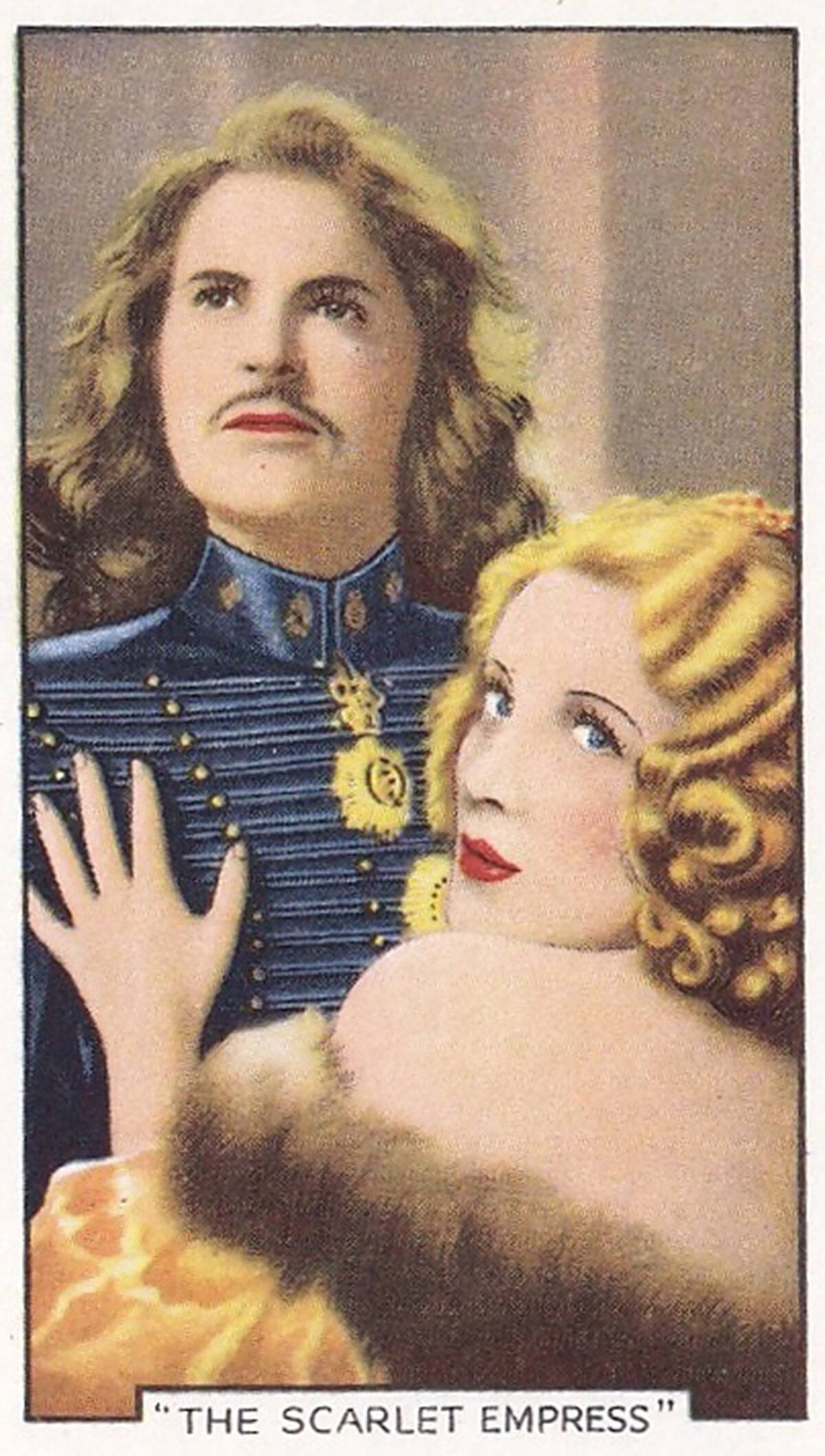
Catherine’s personal life was as intriguing as her political one, marked by a series of passionate affairs. She was known for her numerous lovers, who often benefited from her favor in court.
While her romantic entanglements were the subject of much gossip and speculation, they also highlight her independence and autonomy, traits that defined her rule and personal life alike.
Catherine’s Correspondence with Voltaire
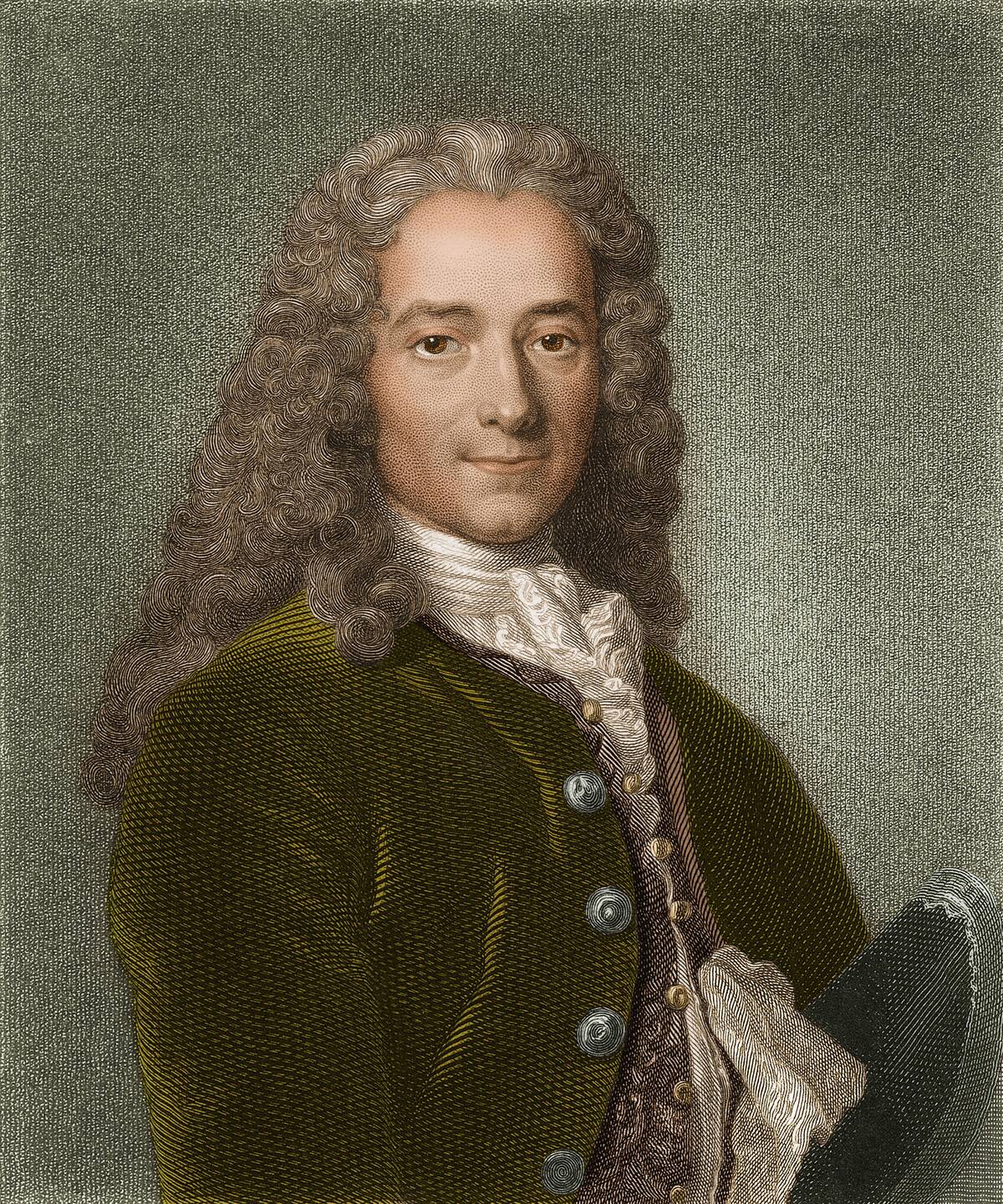
Catherine and Voltaire shared a rich correspondence, exchanging ideas on politics, philosophy, and governance. Voltaire admired Catherine’s enlightened approach to rulership, while she valued his insights and wit.
Their letters reflected mutual respect and intellectual kinship, underscoring Catherine’s commitment to Enlightenment ideals and her desire to foster a learned and progressive society.
The Pugachev Rebellion: A Test of Authority
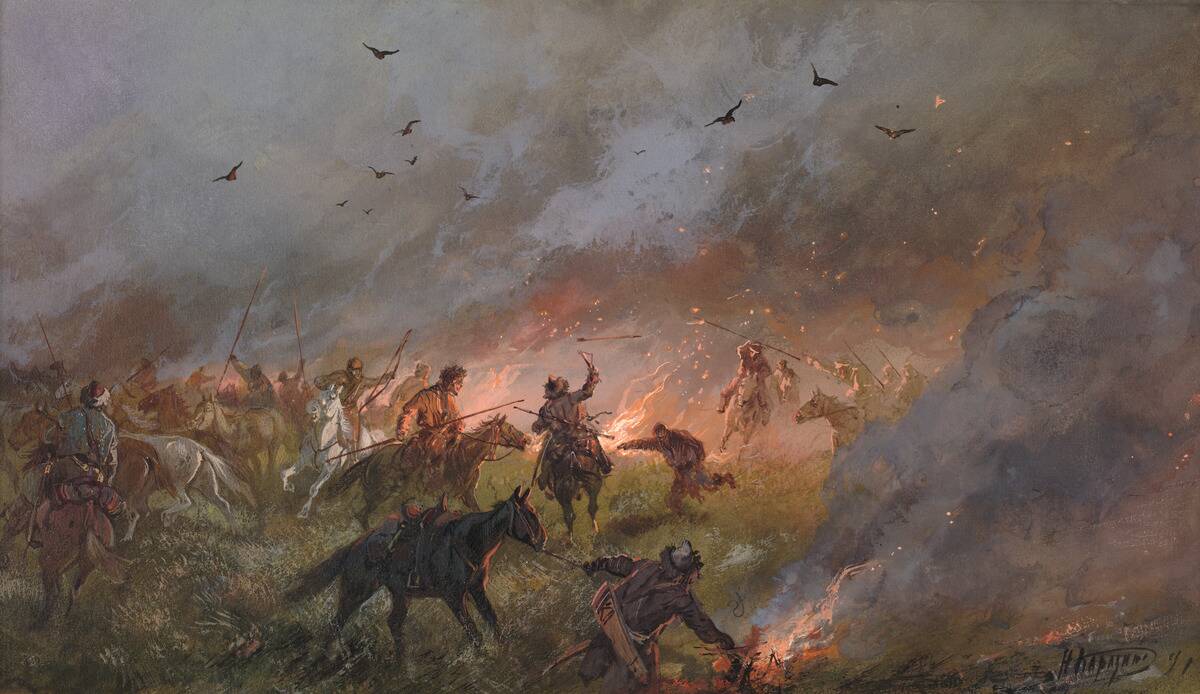
The Pugachev Rebellion of 1773-1775 was a significant challenge to Catherine’s authority. Led by Yemelyan Pugachev, the uprising drew support from peasants and Cossacks discontented with serfdom and heavy taxation.
Catherine responded decisively, quelling the rebellion with military force and reinforcing her rule. This event highlighted the tensions within Russian society, prompting her to reconsider aspects of her domestic policies.
Reforms and Modernization Efforts
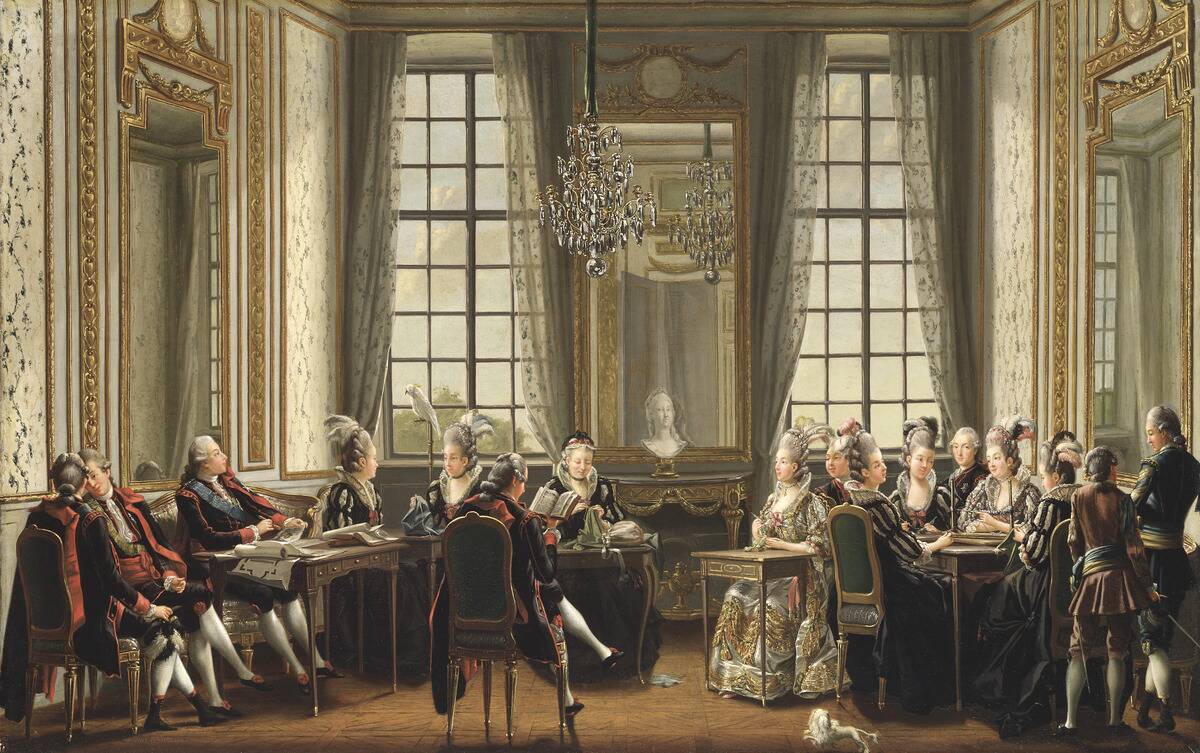
Catherine’s reign was characterized by numerous reforms aimed at modernizing Russia. She reorganized the provincial government, codified laws, and sought to improve the efficiency of the bureaucracy.
While not all her reforms were successful, they reflected her commitment to progress and her desire to align Russia with the modernizing trends sweeping across Europe during her time.
Catherine’s Legacy: A Lasting Impact
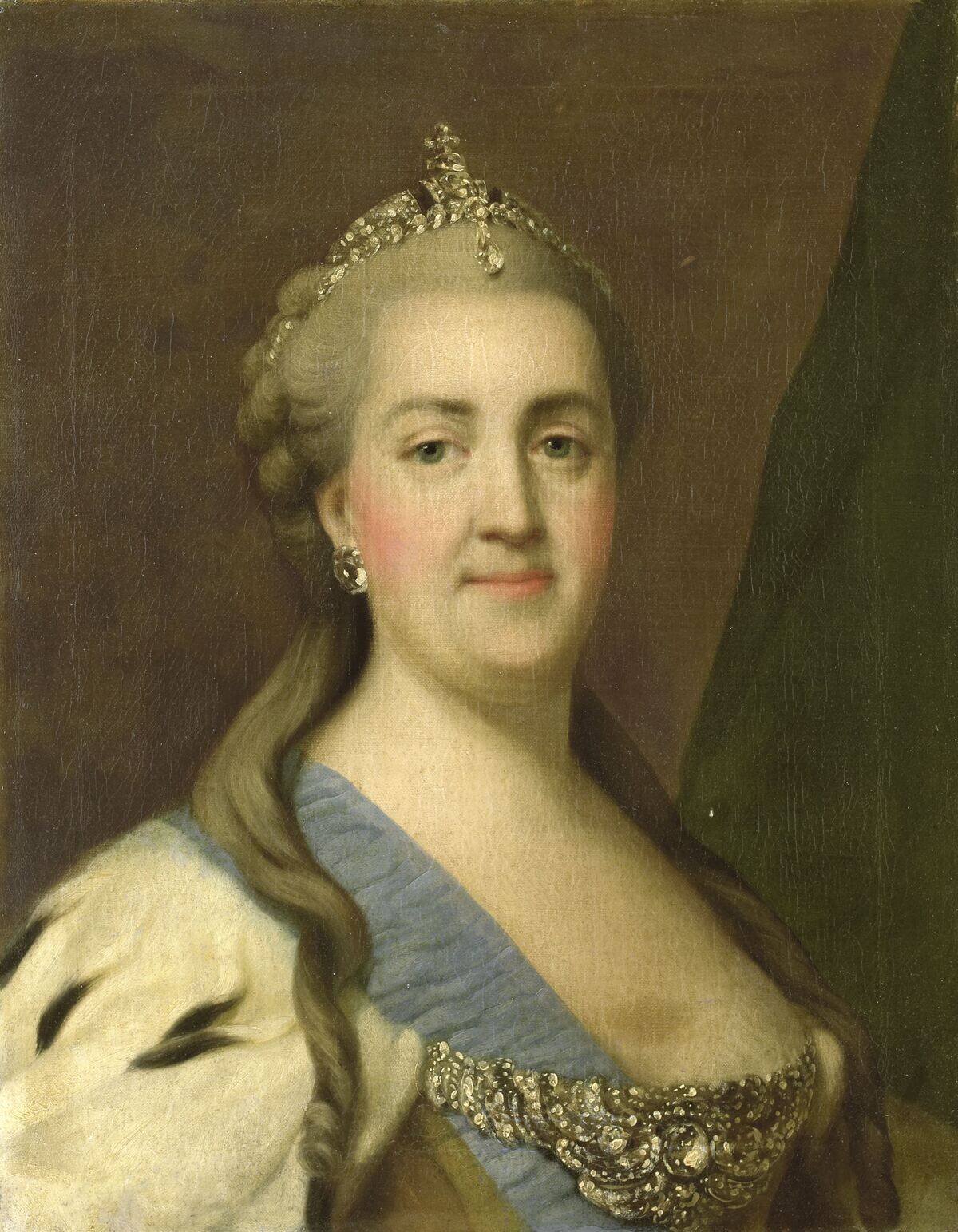
Catherine the Great’s legacy is one of transformation and progression. Her reign left an enduring impact on Russia, laying the groundwork for its emergence as a major European power.
Her efforts in cultural patronage, territorial expansion, and governance reforms continue to be studied and admired, cementing her status as one of history’s most influential and remarkable female rulers.



